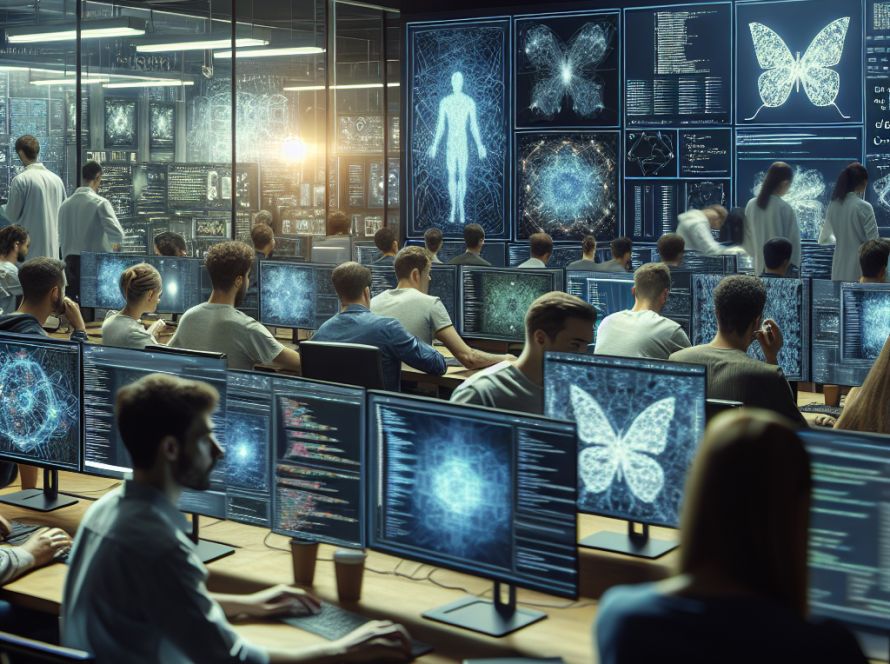At the “Generative AI: Shaping the Future” symposium, kickstarting MIT’s Generative AI Week, iRobot co-founder and keynote speaker, Rodney Brooks, warned attendees not to overly idealise the potential of this emerging technology. Both OpenAI’s ChatGPT and Google’s Bard are examples of increasingly powerful tools underpinned by generative AI. Brooks emphasised that the unsubstantiated hype around a technology often leads to its failure if it is given too much importance and not thoughtfully developed.
Generative AI refers to machine learning models that can generate new material based on training data. These models can potentially produce human-like creative content, translate languages, write computer code, and create realistic images from text prompts. Despite these impressive capabilities, it was stressed that the success of these tools depends on responsible development.
During the event, various MIT projects were highlighted that are using generative AI to effect positive changes in the world such as the Axim Collaborative, an online education initiative targeting underserved students. MIT recently offered seed grants to 27 researched projects aimed at exploring the ways in which AI might alter human life across social spectra.
MIT’s goal in hosting Generative AI Week was to showcase innovation and encourage collaboration and dialogue on the subject. The potential of generative AI to solve some of the world’s most urgent issues was explored, with emphasis on maintaining sustainable and socially responsible integration of this rapidly evolving technology.
Brooks dispelled some misconceptions about generative AI, specifically about ChatGPT, a model built with 175 billion parameters and exposed to billions of web pages during its training. While impressive, Brooks stressed that the capabilities of these AI tools are not magical nor omnipotent. Misplaced focus on new advancements in generative AI could detract from or discard years of valuable research, and risk the neglect of older forms of software and AI.
Other discussions revolved around engaging with policymakers and the public to ensure responsible production and deployment of AI tools. The risk of marketing AI tools that promise significant benefits but could ultimately prove harmful was also mentioned.
Generative AI models that can perform tasks beyond human capabilities were also discussed during the symposium. There was a consensus on the need to ensure that AI can be trustworthy and meet the requirements set by humans before being fully integrated into the world.


